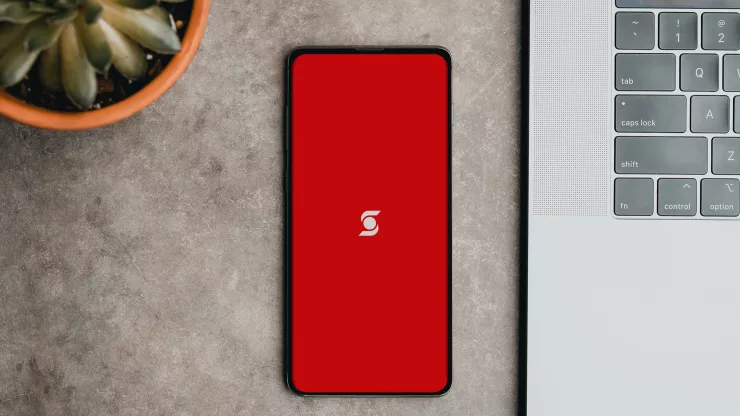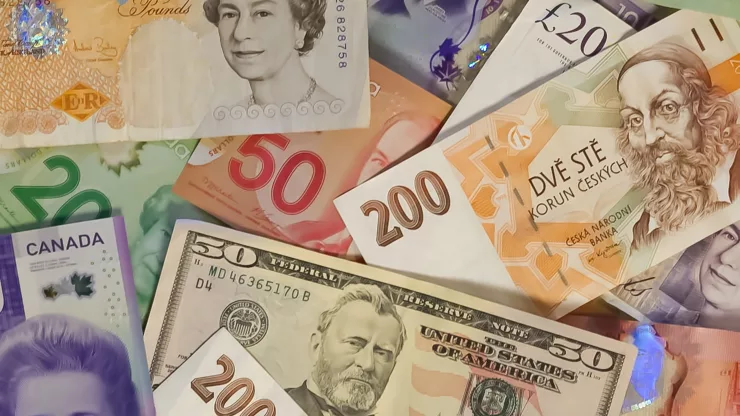As an artist, managing finances can be one of the most challenging aspects of your career.
It’s important to understand how to budget effectively, manage debt, and maximize income in order to achieve financial stability.
In this article, we’ll explore personal finance strategies for artists, with tips and advice to help you take control of your finances.
Jump to Section
Understanding Artist Finances
What Sets Artist Finances Apart?
Artists face unique financial challenges that are often different from those in other industries.
For instance, artists may experience irregular income, have difficulty securing loans due to their income streams, and may struggle to balance their creative lives with financial responsibilities.
As a result, it’s important for artists to understand the financial landscape and take steps to protect their finances.
The Importance of Financial Literacy
One of the most important things artists can do to protect their finances is to develop financial literacy skills.
This means understanding basic financial concepts such as budgeting, saving, and investing, as well as debt management and tax considerations.
By developing financial literacy skills, artists can make better decisions about their finances and protect themselves against financial instability.
Common Financial Mistakes to Avoid
- Failing to plan for taxes and other expenses
- Not tracking expenses consistently
- Failing to budget effectively
- Ignoring debt
- Overspending on non-essentials
Avoiding these common financial mistakes is critical for artists who want to achieve financial stability. By taking steps to manage debt, budget effectively, and track expenses consistently, you can avoid financial pitfalls and take control of your finances.
Budgeting for Artists
Why Budgeting is Important
Budgeting is a critical component of financial stability for artists. By creating a budget, you can track your income and expenses, identify areas where you can cut back on spending, and plan for future expenses.
A budget can help you avoid overspending and ensure that you have enough money to cover your bills and other expenses.
Tips for Creating a Budget
- Track your income and expenses consistently
- Identify areas where you can cut back on spending
- Plan for future expenses, such as taxes and insurance
- Use budgeting software or apps to simplify the process
- Revisit your budget regularly to ensure it is accurate
Creating an effective budget can take time and effort, but it’s critical for achieving financial stability. By following these tips, you can create a budget that works for your unique financial situation.
Budgeting Tools and Resources
| Tool/Resource | Description |
|---|---|
| Mint | A free budgeting app that helps you track your expenses and manage your budget. |
| YNAB | A budgeting app that helps you prioritize your spending and save money. |
| QuickBooks Self-Employed | An accounting software that can help you track your income and expenses and prepare for tax season. |
| Personal Capital | A financial management app that helps you track your net worth and investments. |
Managing Debt as an Artist
Common Types of Debt for Artists
Artists may face a variety of different types of debt, including student loans, credit card debt, and personal loans. Managing this debt can be challenging, but it’s important to take steps to avoid falling into debt traps that can be difficult to climb out of.
Tips for Managing Debt
- Prioritize debt repayment and create a plan to pay off your debt
- Consider consolidating high-interest debt into a more manageable loan
- Avoid taking on new debt while you are working to pay off existing debt
- Consider seeking professional help if you are struggling to manage your debt
By taking these steps, you can effectively manage your debt and work towards a more stable financial future.
When to Seek Professional Help
If you are struggling to manage your debt, it may be beneficial to seek professional help. This could include working with a financial advisor, a debt counselor, or a bankruptcy attorney.
These professionals can help you develop a plan to manage your debt and work towards financial stability.
Maximizing Income as an Artist
Diversifying Income Streams
One of the best ways to maximize income as an artist is to diversify your income streams. This means exploring new opportunities for income, such as teaching, selling merchandise, or licensing your work.
By diversifying your income streams, you can reduce your reliance on any one source of income and increase your overall income potential.
Finding and Pursuing Opportunities
Finding and pursuing income-generating opportunities can be challenging, but there are a variety of resources available to artists. This could include attending industry events, networking with other artists, or joining professional organizations.
By taking advantage of these resources, you can increase your exposure and find new opportunities to generate income.
Monetizing Artistic Skills: Ideas to Consider
- Teaching or tutoring
- Selling merchandise, such as prints or books
- Licensing your work for use in advertising or other media
- Creating commissioned work for clients
- Participating in art fairs or festivals
By exploring these and other options, you can find new opportunities to monetize your artistic skills and increase your income potential.
Tax Considerations for Artists
Understanding Taxes as an Artist
As an artist, it’s important to understand the tax implications of your income.
This could include self-employment taxes, sales taxes, or other types of taxes.
By understanding your tax obligations, you can plan for tax season and avoid surprises come tax time.
Tax Deductions for Artists
| Deduction | Description |
|---|---|
| Home office expenses | Deduct expenses related to your home office, such as rent, utilities, and internet. |
| Travel expenses | Deduct expenses related to travel, such as airfare, lodging, and meals. |
| Supplies and materials | Deduct expenses related to supplies and materials used in your artistic work. |
| Promotion and marketing expenses | Deduct expenses related to promoting and marketing your artwork, such as advertising and website costs. |
By taking advantage of these and other tax deductions, you can reduce your tax liability and keep more money in your pocket.
Tips for Preparing Taxes as an Artist
- Keep thorough records of your income and expenses
- Consider working with a tax professional who understands the unique tax considerations for artists
- Take advantage of available tax deductions to reduce your tax liability
By following these tips, you can prepare for tax season and ensure that you are not caught off guard by unexpected tax bills.
Key Takeaways
Managing finances as an artist can be challenging, but by developing financial literacy skills, budgeting effectively, managing debt, maximizing income, and understanding tax considerations, you can achieve financial stability. By taking these steps and exploring the available resources and tools, you can take control of your finances and achieve success in your artistic career.
Frequently Asked Questions
How can I find opportunities to monetize my artistic skills?
There are a variety of resources available to artists for finding income-generating opportunities. This could include attending industry events, networking with other artists, or joining professional organizations.
Additionally, you may want to consider creating a website to showcase your work and attract potential clients.
How can I reduce my tax liability as an artist?
One

With a deep passion for personal development, Ben has dedicated his career to inspiring and guiding others on their journey towards self-improvement.
His love for learning and sharing knowledge about personal growth strategies, mindfulness, and goal-setting principles has led him to create My Virtual Life Coach.
Contact Ben at [email protected] for assistance.




